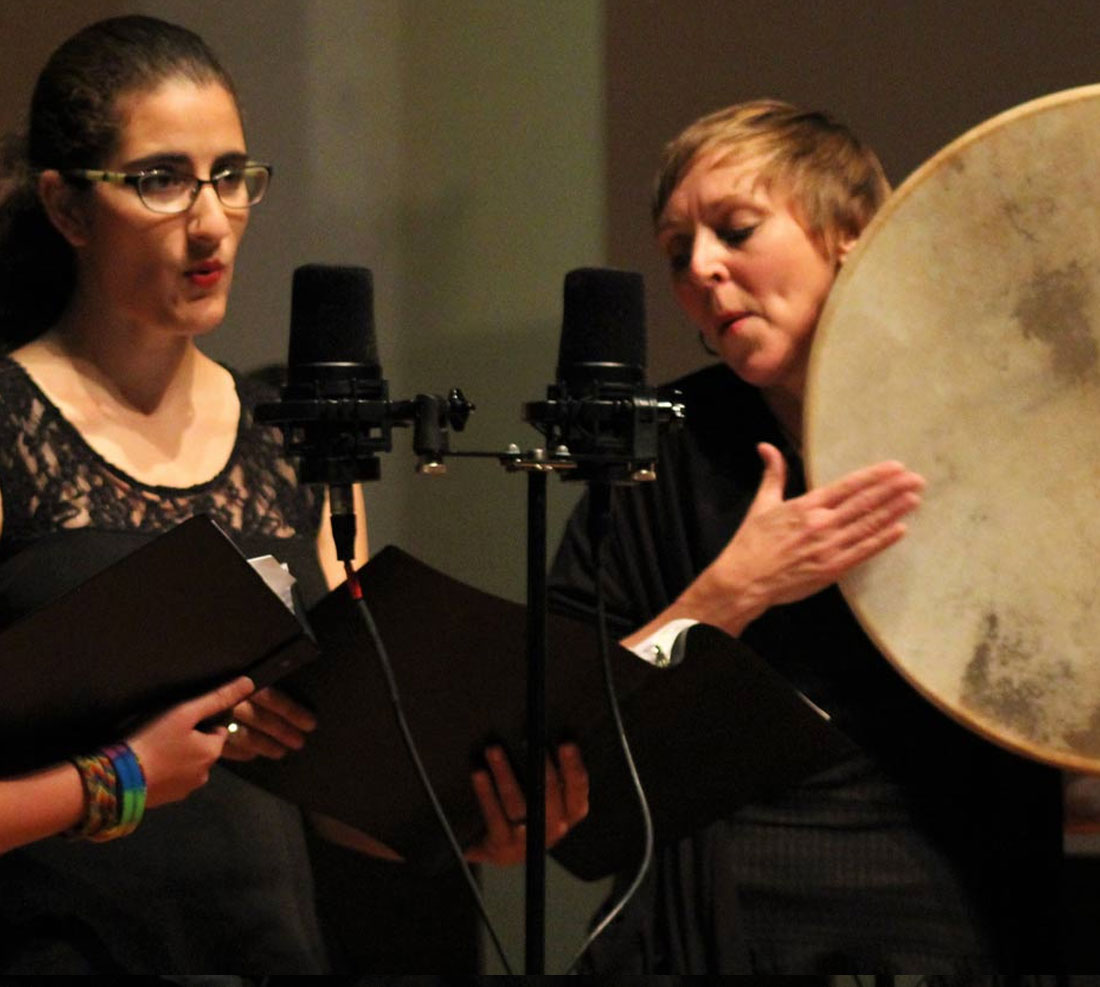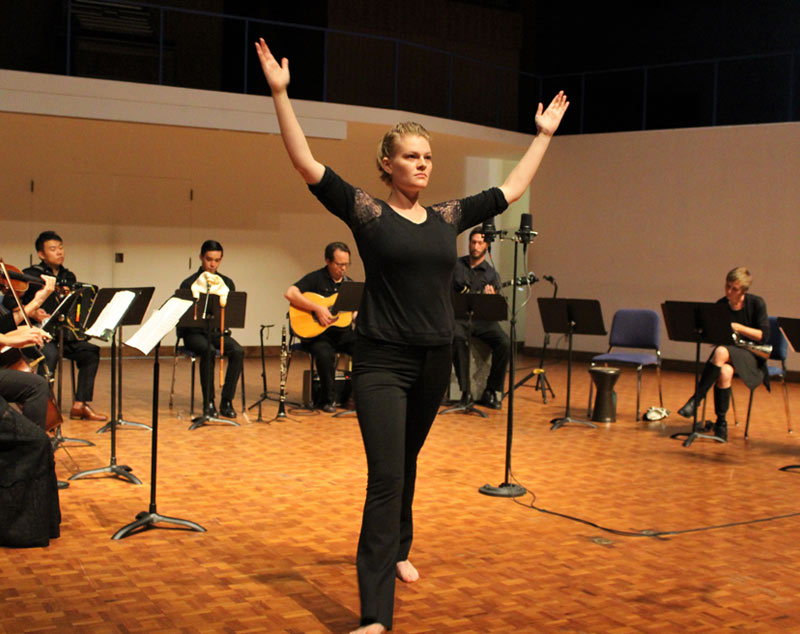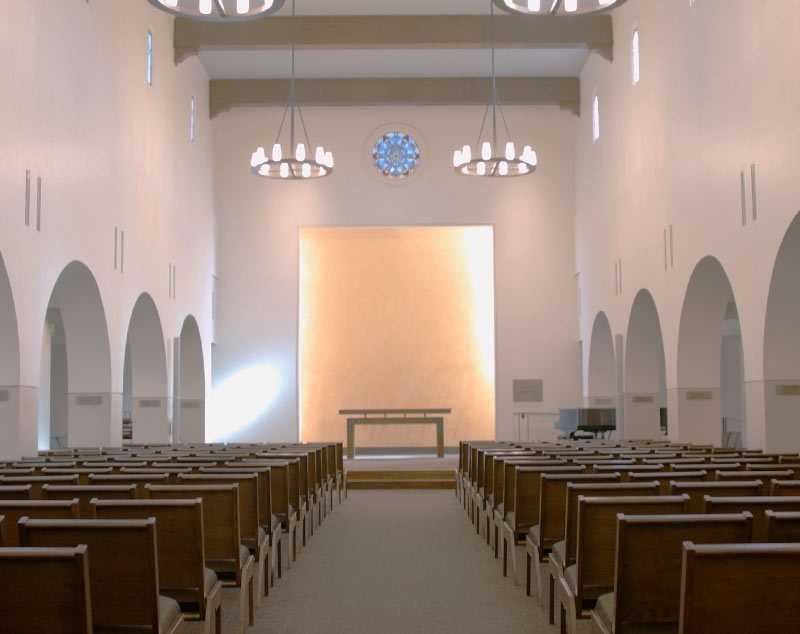Unique & Personalized Access
We provide unique opportunities to work closely with leading interdisciplinary scholars

The Master's degree in Musicology (historical musicology or ethnomusicology concentration) provides the opportunity for students--whose undergraduate degrees may range from performance, to music education or theory, or to disciplines further afield--to concentrate upon the study of music and related topics in specific historical and cultural contexts, developing the ability to think, write, and speak critically about music's meaning in diverse settings. The Master's degree prioritizes flexibility in terms of electives and complementary skill sets. It is an essential preparation for doctoral coursework, but also provides useful skills for those interested in library science, public advocacy, arts administration, music journalism, and related fields.
At TTU SOM, we offer the resources of a top-rank conservatory within a major Carnegie Tier-1 research university, and a College of Visual and Performing Arts. As a result, there is opportunity for scholar/performers to collaborate with like-minded creators within the SOM, with the College, and across the campus: SOM/VMC/Musicology students regularly participate in Theatre, Dance, Art, History, Classics, and English offerings (among related fields), and equally frequently are invited to collaborate with productions and educational opportunities in those other disciplines.
Application:
Master's and PhD applicants complete an online dossier including transcripts, a writing sample, and a cover letter. Upon review of the dossier, successful candidates will be invited for an interview with the full Musicology faculty (in person or virtually), for conversation about the candidate's research interests and career goals, and ways in which TTU Musicology can most successfully assist in those goals.
Candidates with additional questions should feel free to e-mail Division Head Angela Mariani; technical questions about the application process can also be directed to Lead Advisor Clark Preston.
In order to apply for admission into the Graduate School and the School of Music, follow these instructions.
Apply Now
Music Minor Form
Christopher J. Smith
Division Chair
We offer a wide variety of special topics courses which range from seminars on individual composers, genres, culture areas, and cultural phenomena, to interdisciplinary courses linking music, theatre, dance, visual arts, and the humanities.
In addition, Musicology faculty members lead study abroad opportunities to Ireland, the UK,, and a range of international locations.
Faculty members offer special topics courses which rotate every semester and Musicology students are encouraged to explore these topics widely.
We recognize that it can be difficult to fit courses into students' already busy schedules. We offer a number of flexible choices for many of our required courses, and include online, hybrid, and in-person options. Availability and modalities change each semester.
Students pursuing the Master of Music in Musicology degree could apply for the PhD in Fine Arts (Music/Musicology concentration) here at Texas Tech University.
The Musicology graduate program at Texas Tech provides the unique opportunity to work with cutting-edge scholars both within and beyond the fields of the performing arts, incorporating collaboration and cross-disciplinary research, and preparing the candidate for a range of professional, scholarly, and creative endeavors. We welcome and celebrate the role of the scholar/performer, and many Musicology division faculty, graduate students, and undergraduate students participate actively in both SOM ensembles and also those ensembles (Tech Folk Orchestra, Historical Performance Ensemble, Balkan, Caprock English Bagpipe Consort) that are sponsored by the Vernacular Music Center, which provides a comprehensive picture of activities and opportunities. As a Hispanic-Serving Institution, and the academic home of many veteran and first-generation students, Musicology and the VMC are committed in to representation, shared governance, and mutual support across all modes and ranks of participants.
Our Master's degree in Musicology permits a wide range of electives, intended to provide the candidate maximum flexibility in conceiving their research and acquiring the necessary skill-set. Candidates may opt to specialize in either ethnomusicology or historical musicology concentrations, or any synthesis of the two.
At Texas Tech SOM, music academics (theory, education, composition, and history) work closely and creatively with both ensembles and individual studio performance teachers. There are many opportunities for Musicology specialists to participate in these collaborations: as players, conductors, transcribers, arrangers, and authors. Conversely, ensemble and studio performance faculty freely and productively interact with Musicology staff.

We provide unique opportunities to work closely with leading interdisciplinary scholars

We welcome and celebrate the role of the scholar/performer and the ways performance and scholarship can inform one another

Music academics and music performance work closely and creatively across areas

We offer the resources of a top-rank conservatory within a major Carnegie Tier-1 research university
The Musicology Master's and Fine Arts PhD degrees provide a wide range of experience, integrated research skill sets, effective and empathetic mentoring, and opportunities for imaginative and ground-breaking intellectual inquiry. Holders of these degrees graduate to top doctoral programs; to posts in a range of higher education situations from K-12 through 4-year colleges to research institutions; to work in librarianship and archival specializations; to journalism, public broadcasting, and arts administration; among many others (see Sample List of Graduates).
The Musicology division partners closely with the TTU Vernacular Music Center (founded 2000), a center for research, teaching, and advocacy in the world's vernacular musics; that is, musics that are learned, taught, and passed-on by ear and in the memory. The Musicology/VMC cohort includes experts in performance and cultural aspects in Latinx musics of Mesoamerica and the Caribbean; many North American vernaculars; Mediterranean and Balkan musics; Medieval/Renaissance/Baroque idioms; musics of North Europe; of West and North Africa; North American contemporary pop, rock, and jazz styles; and much more. In many cases, genre and period experts on the staff also lead ensembles engaged with these same repertoires, thus exemplifying our valuation of the scholar/performer. The Vernacular Music Center has its own rehearsal and study space, and a small but very carefully-curated collection of instruments from around the world, available for use by students involved in ensembles.
The VMC also partners closely with community and campus organizations, with particularly
close ties to: the Humanities Center, the School of Theatre & Dance, and the Louise
Hays Underwood Center for the Arts.
The Vernacular Music Center has its own rehearsal and study space, and a small but very carefully-curated collection of instruments from around the world, available for use by students involved in ensembles.
The VMC makes extensive use of contemporary social media for outreach, engagement, education, and recruitment, including:

(est. 2000)

Recipients of the TTU Musicology program's graduate degrees work in a range of settings within and beyond higher education, including K-12, 4-year, and research institution programs. The Master's degree is an essential preparation for doctoral coursework, but provides skills for those interested in library science, public advocacy, arts administration, music journalism, and related fields. PhD in Fine Arts and PhD Interarts Concentration recipients work in the fields of music scholarship, pedagogy, and arts administration, among other concentrations.